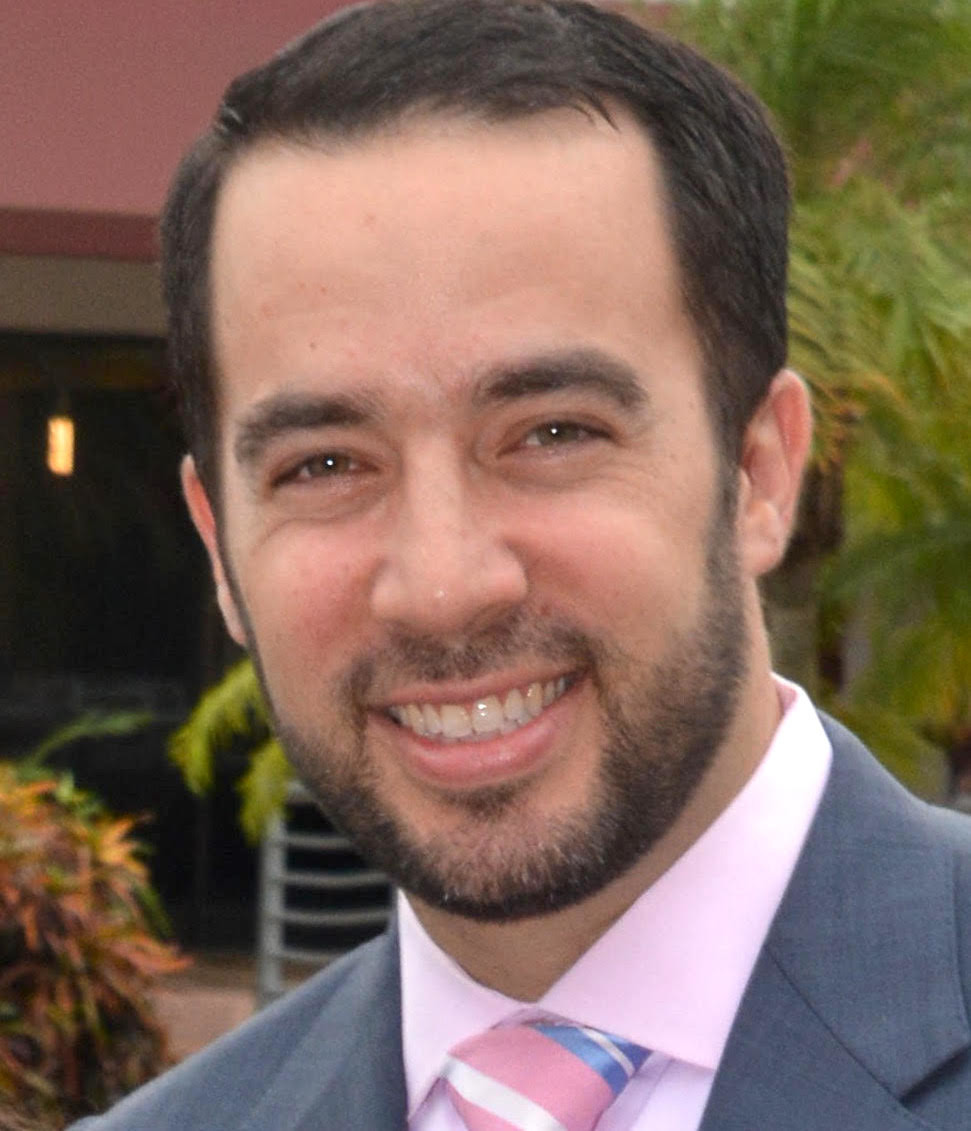Hardening the heart of Pharaoh
One of the most difficult questions we face when looking at the narrative of the plagues in this week’s parsha, Vaera, in understanding verse 3 in chapter 7. In explaining how the plagues will go down, G-d says to Moshe, “I will make Pharaoh obstinate, and will thus have the opportunity to display many miraculous signs and wonders in Egypt.”
Why make Pharaoh obstinate? Why not let the man cave and let his slaves leave?
It should be noted that Pharaoh did not exactly need G-d’s help, as he is stubborn through the first fives plagues without divine intervention. It should also be noted that there are two different terms which indicate Pharaoh’s inability to give in — one is “kvd lev,” a heaviness of the heart; the other is “chzk lev,” a strengthening of the heart.
What do these terms mean, and what do they tell us about Pharaoh’s own transition from not giving in to finally letting his slaves leave? And what does this have to say about the seeming lack of free will (why would Pharaoh be deserving of the extra plagues if he is not being stubborn of his own accord, past plague 5)?
Ramban and others suggest that Pharaoh had it coming. Once he flippantly dismissed G-d and G-d’s role in the world, G-d helped make things worse for him, so He could punish Pharaoh accordingly.
Abravanel has great difficulty with this line of reasoning, because G-d does not desire the death of the wicked, but rather for him to turn from his evil ways to a path of righteousness. He focuses on the different forms of teshuvah a person can experience.
One who sins towards G-d can regret, cry, repent and return to G-d. But when one sins towards human beings, one must make peace with the people with whom there was a fallout. The Egyptians could cry to G-d all they wanted, but without payment for their misdeeds and crimes against the Israelites, teshuvah could never be complete. They were deserving of punishment in a way that could never be circumvented.
His second answer is that teshuvah, first and foremost requires a belief in G-d who grants the teshuvah. The Egyptians remained idolators.
His third, and preferred answer, is that Pharaoh’s stubbornness was not as much brought on by G-d as through his own seeing that the plagues did not last very long, leading him to believe they were mere coincidences.
What first truly got Pharaoh’s attention was when the fourth plague only affected Egyptians and not Israelites. At the same time, the break which existed between plagues was actually part of the divine plan. This pattern of “plague, cessation of plague, break,” Abravanel argues, is what caused Pharaoh’s heart to strengthen and harden. In other words, it is not that G-d changed Pharaoh’s ability to have free will. On the contrary, G-d played a game with Pharaoh, on account of Pharaoh’s past behaviors and trackrecord of stubbornness.
Though I like this final interpretation very much, I also like the explanation shared by Rabbi David Forhman, that Pharaoh needed to be in a position in which he lets the people leave because it is the right thing to do, and not because he is under duress from the plague.
What these last two interpretations have in common is that G-d is less manipulating Pharaoh’s mind and thought process, as much as He is giving Pharaoh the opportunity to embrace his chance to set aright his over-extending his cruel arm of slavery. In many ways, this is a tremendous credit to Pharaoh’s ability to exercise his free will, had he only chosen to do so.
It can be argued that free will is in the eye of the beholder. When people succumb to societal pressures, whether it’s living up to the Joneses, spending money on things they can’t afford, or signing on to things they don’t believe in because “society demands it,” they are not free beings.
But when my free will pushes me to follow rules that I agree with, I am exercising my free will. In the world of Torah observance, that those who opt in do so of their own free will. But particular styles and cultures within the observant community sometimes creates a less than free will submission to groupthink.
Unlike Pharaoh who used his free will to deny G-d’s existence, let us use our free will to get closer to the divine. When we waste our free will choices on the kinds of things that contribute little to our humanity and instead turn us into unthinking sheep, we have indeed lost a spark of what raises us as humans above the herd.
We owe it to ourselves to seek, study, learn and discover, and to make free will choices that reflect deep thought processes rather than doing what everyone else is doing simply because everyone else is doing it.

 49.0°,
Fair
49.0°,
Fair 





